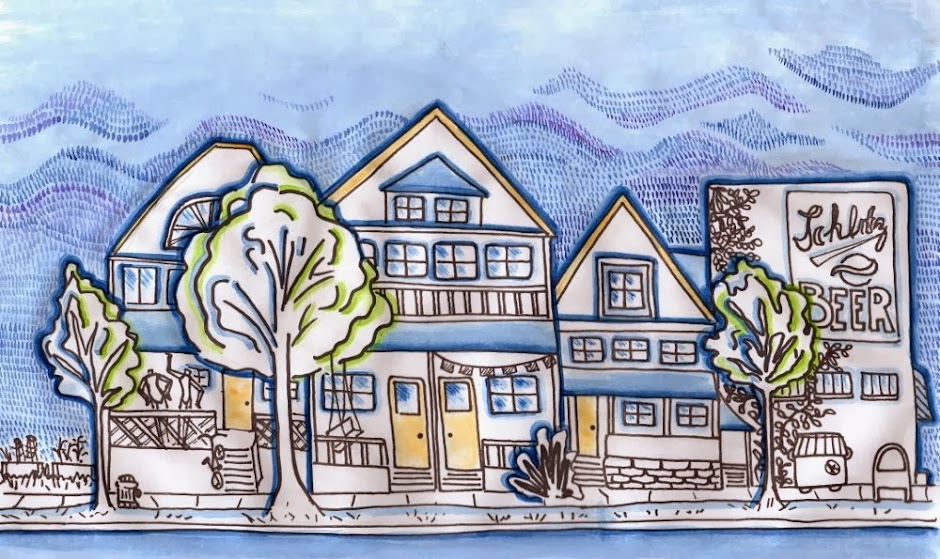--
Two weeks before the start of the 2017-2018 school year, I picked up my phone and made calls to all 19 families on my student roster. Most parents were shocked and dismayed when I informed them that their child’s previous ISE Specialist had transitioned to a new position and that I would be their child’s teacher. My predecessor was a popular and well-respected educator, so I knew I had my work cut-out for me. I had to convince the families that I would provide the same type of excellent instruction to which they had grown accustomed.
For Mariella Gonzalez, however, there was no convincing. After two phone calls, I finally got a hold of her and introduced myself. Our conversations was very short: "My kids are no longer attending Rocketship. Sorry." And that was it. We said our good-byes and hung up.
In July of 2017, Mariella unenrolled her children from Rocketship
and had transferred them to another school down the street. Citing changes in
her work schedule, she had unexpectedly informed Rocketship administrators that
her children Emily and Kenny would no longer be attending. But there was more
to her decision. “Kenny’s K4 year was tough,” recalled Mariella. “He needed a
lot of support from me and the teachers and I felt the stress at work, so I
moved him.” But in a very short amount of time, she realized she had made
a mistake. “After two weeks at the new school, I was informed by the special
education staff that they could not accommodate Kenny.”
Within one month of the school year starting, she was left without
options for her children. Mariella scrambled and began to look for other
placements. “I travelled all over the city, going to different schools
and administrative offices,” she remembers, “but nothing was working. I decided
to go back and ask Rocketship if I could return. I was not sure if the school
would accept us back.” Rocketship welcomed her back without hesitation.
I remember the day Kenny showed up in the lunchroom. It was in
late September and I was having a difficult day. There were multiple behavior
calls, an emotionally-exhausting parent meeting, and, on top of all that, I was
barely keeping up with teaching load. I sat dumbfounded when I saw Kenny
arrive, and heard he would now be added to my caseload. As a first-year
teacher, I was overwhelmed. But I made an about-face, shook Mariella’s hand and
introduced myself to Kenny. His eyes were darting all over the room and his
whole body shook with pulses of energy. He bolted across the cafeteria,
screamed, and then jumped up the steps and began swinging on the handrail.
“What am I going to do?” I thought.
Slowly but surely, Kenny and I built a strong teacher-student
relationship. It did not come easily. Just as his mom had said, he required a
lot of attention and care. But inch-by-inch, we worked on his self-control, we
channeled his creative talents to incorporate art and play into his daily
schedule, and we stayed positive. With time, I began to see that Kenny as one
of the most caring and empathetic children in our school. He was becoming a
true asset to our community. Working with Kenny meant that I was in regular,
daily contact with Mariella. We developed an effective parent-teacher
partnership based on openness, honesty, and joy. And I saw it pay dividends.
Now, when Mariella speaks about her son, two years later, she says this: “I see
him having a bright future. I see him being somebody.”
Kenny is now in second grade and is succeeding in his class. He is
making growth in his academics and with his behavior. It will not be easy, of
course, but with the loving support of teachers and parents, his future is
bright. During a recent visit to the school, I asked Mariella what her favorite
memories of the past two years have been. “When Rocketship accepted us back,”
she stated without hesitation. “The staff is so caring towards all children.
You do not treat kids with disabilities any differently. You have the same love
for them all.”

